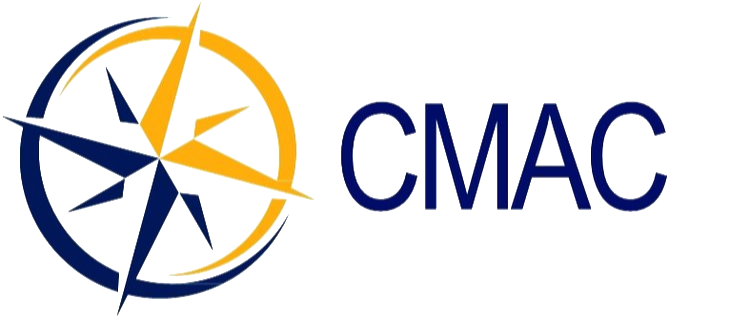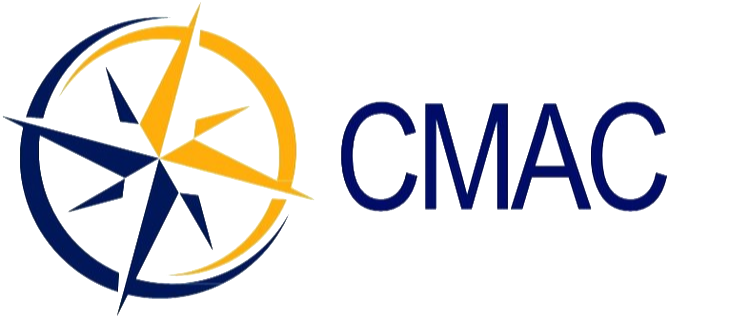
Deloitte Report Reactions, Part 2: "A New Kind of Engagement"
Last week, CMAC Vice President and Senior Consultant Paul Clifford shared his thoughts on the Deloitte 2025 Higher Education Trends report. Now Adam Compton, CMAC Vice President and Senior Consultant and Executive Director of Annual Giving at NC State, weighs in...
Public trust is falling. Funding models are shifting. The future of higher education demands a new kind of engagement.
The Deloitte 2025 Higher Education Trends report offers a stark but necessary reflection point: universities are facing a convergence of pressures that will force major transformation, whether institutions are ready or not.
None of this is news to those of us working in alumni engagement and advancement. But Deloitte makes clear that the urgency is growing, and the role of engagement professionals has never been more vital.
Let’s start with the key forces at play:
- Public trust in higher education is declining.
- Federal shifts could dramatically reshape institutional funding and financial aid.
- Tuition increases have reached a breaking point; the student loan burden is already unsustainable.
- State support remains stagnant, even for public institutions serving large, diverse populations.
- Leadership turnover is high, and long-term strategic planning is getting harder to sustain.
These forces demand bold leadership, institutional agility, and most of all: a new vision for how we engage the people who care most about our institutions—our alumni, donors, and community partners.
Rebuilding Trust Starts with Us
The trust gap won’t be fixed with better marketing or more polished campus tours. It requires sustained, authentic relationship-building, and that starts in the engagement arms of the university.
Advancement, alumni relations, and community partnerships must become the core engine of relevance, transparency, and connection.
We’re not just inviting alumni to events. We’re inviting them into impact. And in doing so, we help rebuild belief in the value and mission of higher education.
Engagement Must Be a Lifelong, Two-Way Conversation
Too often, alumni engagement has been framed as a funnel—a means to an end. But if we’re going to meet this moment, we need to fundamentally rethink that model.
We must build ongoing dialogue and shared learning with our alumni and friends, not just ask for their support, but offer them value in return.
- Lifelong learning opportunities
- Professional development and career support
- Inclusive forums for alumni voices and lived experiences
- Meaningful, reciprocal partnerships that extend far beyond checkbooks
Our alumni are not just a piggy bank. They are our greatest strategic resource. And we must treat them accordingly—as partners, advisors, mentors, and changemakers.
The Four-Year Experience Is Changing—So Will Alumni Identity
As universities explore micro credentials, three-year degrees, co-ops, and flexible credential pathways, the idea of a traditional four-year student experience is being redefined.
That shift will transform how students connect to their institution and how they engage after graduation.
If we wait until commencement to start building alumni identity, we’ll lose relevance. Engagement must begin during the educational journey, regardless of how long it is or where it happens (on campus, online, or in a hybrid model).
Alumni Expect Value, Not Just Nostalgia
In a world shaped by career pivots, industry disruption, and lifelong skill development, our alumni want more than memories.
They want:
- Career connections
- Mentorship opportunities
- Professional networking
- Ways to give back beyond giving
Affinity alone no longer drives engagement. Utility does. Our strategies must evolve to meet that expectation with substance, not just sentiment.
Fundraising Must Advance the Mission, Not Just the Bottom Line
We cannot ask for philanthropic support while leaving donors disconnected from how their gifts create change.
As tuition and state support falter, philanthropy becomes the bridge to mission-critical goals, but only when rooted in impact.
That means:
- Aligning campaigns with student success, research innovation, and community relevance
- Communicating outcomes, not just needs
- Empowering donors as co-investors in the institution’s future
“Systemness” Isn’t Just a Trend—It’s a Strategic Mandate
Deloitte calls for greater collaboration across institutions: shared services, common platforms, operational alignment. But we believe engagement must lead the way in modeling what systemness looks like.
Why build 20 different mentorship programs when we could share one?
Why create siloed regional events when alumni think across disciplines, identities, and locations?
Alumni don’t view their relationship through an internal org chart. Neither should we.
Final Thought: The Time for Change Is Now
What this report reinforces, and what we’ve seen firsthand, is that waiting for change to arrive is no longer an option.
The longer we delay, the more reactive our work becomes. But if we act now—strategically, collaboratively, and with purpose—advancement can become a driving force in helping higher education evolve.
This moment calls for more than good stewardship. It calls for bold reimagination.
Let’s lead with trust. Let’s serve with relevance. Let’s build institutions that alumni are proud to champion—for life.
Read the full Deloitte report here: https://www2.deloitte.com/us/en/insights/industry/public-sector/2025-us-higher-education-trends.html


